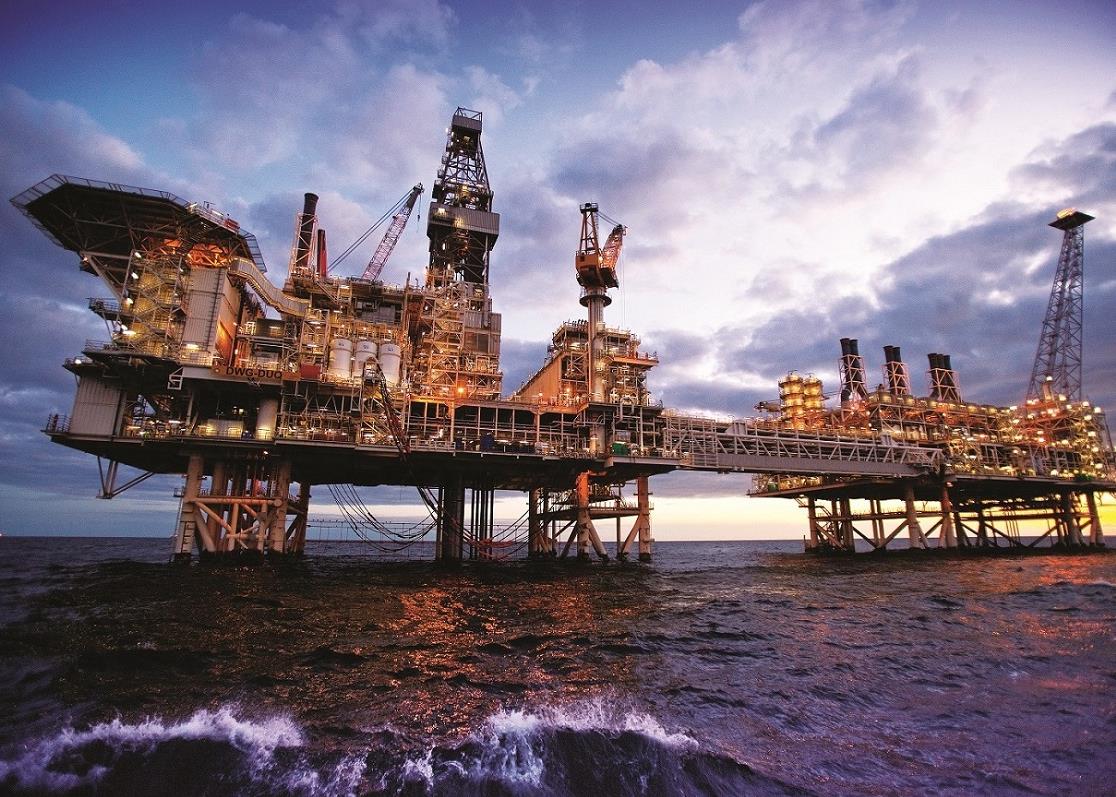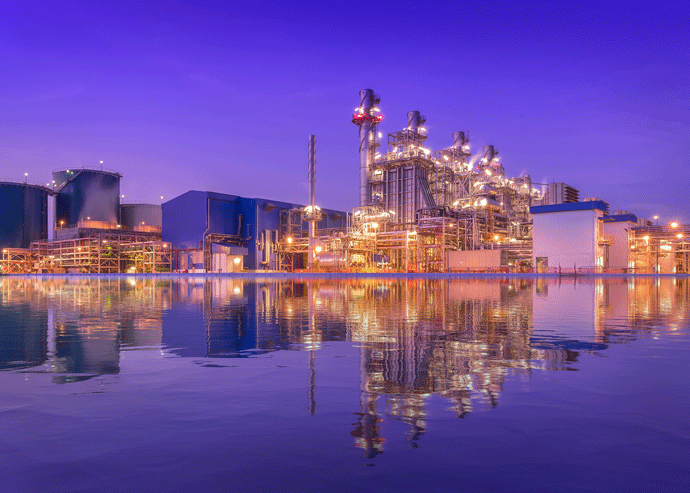
The oil’s stopped leaking in the Gulf of Mexico. But the ramifications of the Deepwater Horizon disaster will affect the oil industry for decades.
Predictably, BP’s report on the Deepwater Horizon rig disaster of April 2010 is creating almost as much heat as light. Britain’s largest company says it was caused by a well integrity failure that originated in leaks through a cement seal around where the well bore hole started on the sea floor. These overwhelmed the rig’s safety systems and oil and gas surged to the surface and ignited. A total of 11 rig workers died and 17 others were injured. About 5 million barrels of oil leaked into the Gulf of Mexico between 20 April and 15 July when the leak was stopped. This is not much more than half of Saudi Arabia’s daily production, but enough to inflict serious damage on the natural environment and the lives of millions of people living on the Gulf’s coast.
The report’s findings were immediately disputed by Transocean, owners of the rig, and Halliburton, which did the cement work where BP says the problem started. This is not surprising. It is estimated that negligence claims from people and businesses affected by the spill could rise to $60bn. This was half BP’s market capitalisation on 8 September, the day its report was released. Anyone admitting blame, however modest, will instantly be the target of a wave of litigation. Alternative versions of the truth are bound to follow.
The report will reduce the risk of BP facing a criminal negligence charge, but the company, nevertheless, sits at the eye of the storm. If the American public continues to blame it for the disaster, then its ability to operate in the US will be called into question. Some suggest that a rebranding will not be enough and that the company may have to divest its US operations. BP has already said it plans $40 billion-worth of asset sales. There are many possible outcomes, but there is little doubt that the Deepwater Horizon accident is one of the biggest challenges the company has faced since it was originally created in 1908.
Less clear are the implications for the oil industry generally. The Gulf of Mexico has been seen as overwhelmingly a problem for BP and the US. This week’s report, however, will trigger a broader debate about the future of petroleum companies.
The report supplies insights about the most prudent way to drill for oil in deep water. It shows the accident was at least partly a preventable failure. This will force every oil company to invest more in well-head systems. The additional risks of drilling in deep water may deter investment in marginal offshore fields. The net effect will be to make oil production more expensive.
The bad news for the oil industry is that the report, while detailing eight factors behind the disaster, fails to reach a clear-cut conclusion. According to the report, there was no single cause. “A complex and interlinked series of mechanical failures, human judgments, engineering design, operational implementation and team interfaces came together to allow the initiation and escalation of accidents,” it concludes. Constructed to make it almost impossible to blame everything on BP, this sentence will have a long-term impact on the future of the oil industry. Investors worrying about risk won’t like an industry where $60bn can be lost for developments that are almost too complicated to understand, let alone prevent.
Energy forecasters say that world oil demand will grow by at least 1 million b/d for the foreseeable future, while production from operating oil fields is expected to decline. The latest US Energy Intelligence Administration forecast is for the oil price to rise by almost 100 per cent in real terms by 2035. This is based on the assumption that trends in oil exploration and development will continue, which won’t happen if oil companies become risk averse and investors shun the oil industry.
The Deepwater Horizon disaster has raised important public policy issues. The response it should trigger needs to be more sweeping that many are prepared to contemplate. Oil companies will become more nervous about cutting-edge exploration and the risks associated with owning capital assets. They will tend to revert, as a result, to operating in areas where risks and rewards are lower. Some might even conclude they should get out of asset ownership entirely and focus on providing services instead.
Who then is going to be responsible for closing the global energy gap?
The principal candidates are government-owned national oil companies (NOCs) in energy-exporting countries. Relying more heavily on NOCs will fly in the face of decades of propaganda that has portrayed nationalised energy companies as incompetent and inefficient. But with international oil companies (IOCs) likely to resile from difficult and risky upstream investment, there is no immediate alternative.
That is why an appropriate NOC buying part or all of BP could be strategically beneficial for oil consumers. But are the NOCs ready and willing to accept the challenge of ensuring enough oil and gas is produced? How they respond, in deeds rather than in words, to the Deepwater Horizon report will be as important as the report itself.
You might also like...

Adnoc Offshore awards Upper Zakum contract
17 April 2024

Oman awards Batinah coastal road contract
17 April 2024

Oman appoints Al Khuwair Downtown project manager
17 April 2024
A MEED Subscription...
Subscribe or upgrade your current MEED.com package to support your strategic planning with the MENA region’s best source of business information. Proceed to our online shop below to find out more about the features in each package.




